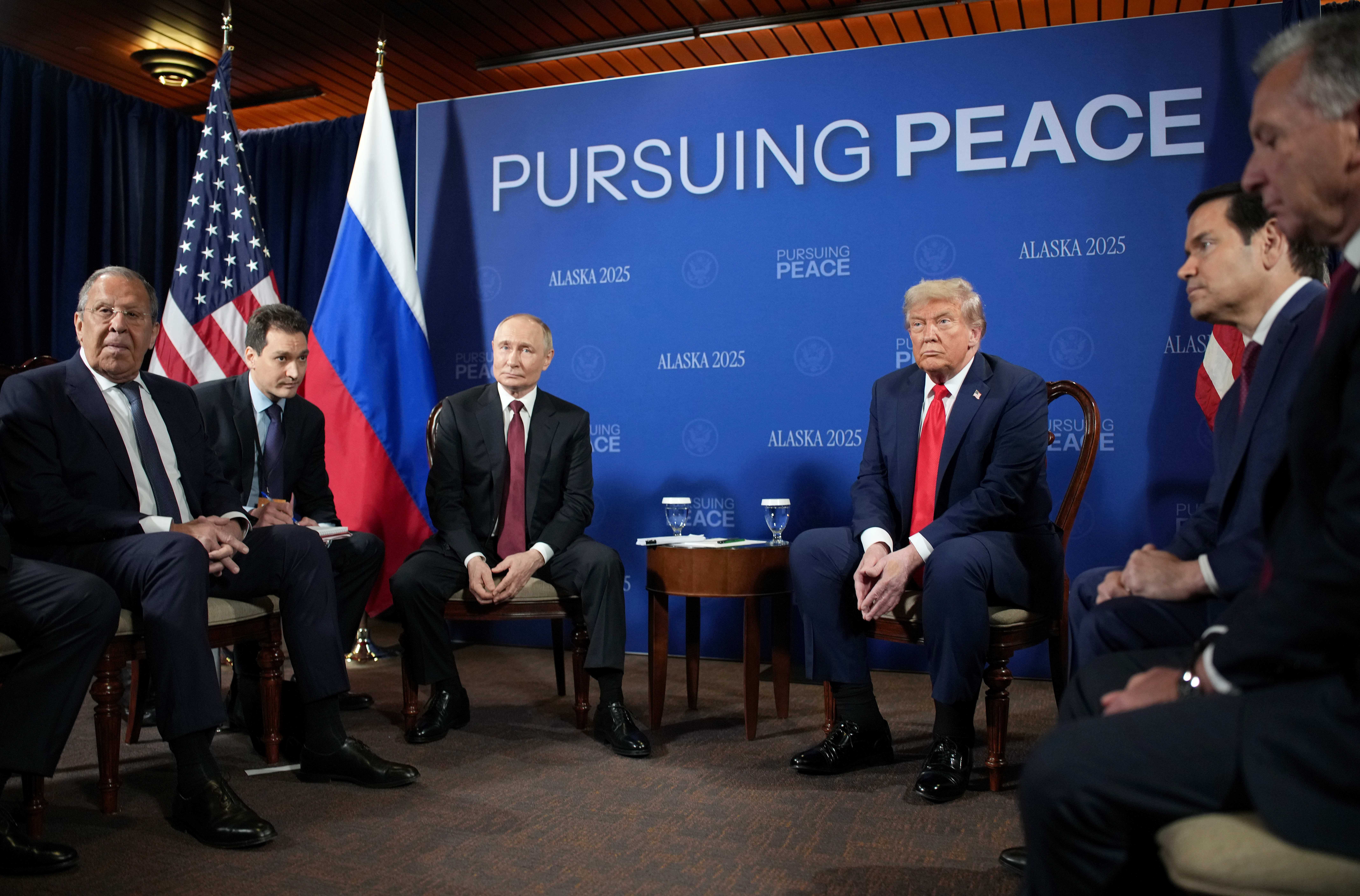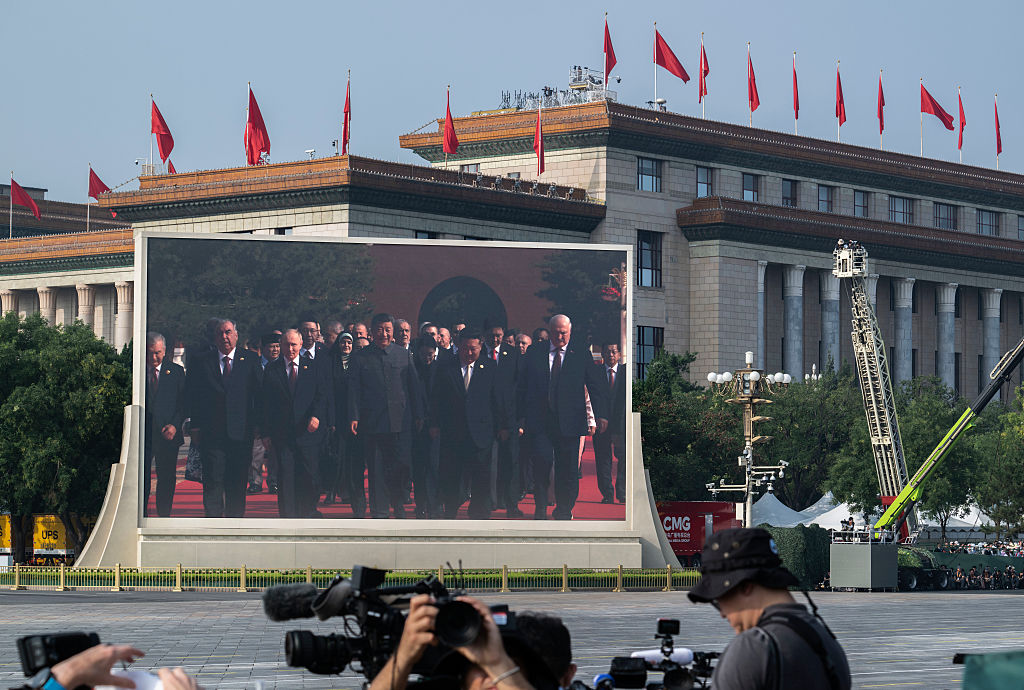KREMLIN CONTROL OF REPUBLIC LEADERSHIP TENUOUS.
KREMLIN CONTROL OF REPUBLIC LEADERSHIP TENUOUS.
On 12 November, a bizarre incident, or, rather, series of incidents, occurred which pointed up the immense problems Russia is having in controlling the tempestuous pro-Moscow Chechen leadership of the republic and underscored the riven nature of the Russian military and police presence in Chechnya. The on-line daily Smi.ru on November 17 summarized a report from a pro-Moscow Chechen policeman that appeared in “Free Chechnya,” described as an independent information outlet. Shortly after 7:00 a.m. on November 12, according to the policeman, Russian GRU spetsnaz forces were conducting a mopping-up operation (zachistka) in the Leninski District of Djohar [Grozny]. A firefight broke out with a group of Chechen fighters, of whom three were killed and five were captured and placed in an armored vehicle. One of the captured Chechens, the policeman said, was the notorious kidnapper and criminal Arbi Baraev, a leader of the Chechen Wahhabis. On November 15, Interfax quoted Lieutenant General Valerii Baranov, commander of the combined group of Russian forces in Chechnya, as stating that Baraev had been “literally terrorizing the suburbs of Grozny.”
As the GRU spetsnaz were planning to leave the “cleansed” area at about 10:00 am, a large, heavily armed force of about 300 men unexpectedly showed up and blocked their way. This force was personally headed by Bislan Gantamirov, the pro-Moscow mayor of Djohar, a convicted embezzler, who “conducted himself extremely aggressively, personally gave the command to disarm the [GRU] detachment, and ordered an inspection of the armored vehicles.” When the GRU detachment’s commander, Colonel Aleksandr Fomin, refused to have his men disarmed, some thirty to forty Chechens took away their weapons by force and carried off their communications equipment. Colonel Fomin and his deputy, Captain Baga, were later severely beaten by Gantamirov’s men and Fomin, who was said to be in critical condition, received “gunshot wounds to his stomach and leg.” Arbi Baraev and two other Wahhabi leaders (Aslambek Didiev and Magomed Tsagaraev) were apparently let go by Gantamirov. (The general contours of the Smi.ru account of this episode were confirmed by a number of other Russian media, for example, in the November 16 issue of the newspaper Segodnya.)
This incident, understandably, caused a row in military circles in Russia. President Putin’s spokesman on Chechnya, Sergei Yastrzhembsky, announced on November 15 that a commission had been formed to ascertain the identity and whereabouts of the Chechens taken away by Gantamirov. On November 16, Lenta.ru reported that Gantamirov had appeared before a Russian procurator to explain his actions. Two days previously, the same Internet press service reported that Gantamirov was justifying his actions by saying that the men seized by the Russian forces had been “his men.”
What is the meaning of this strange incident? As has been noted in a previous number of this publication, it has been apparent for some time that certain extremist Chechen Wahhabi commanders–and first and foremost the notorious Baraev–are acting, at least at times, at the behest and under the control of the FSB, and that they possess special identification papers allowing them to pass through Russian checkpoints. This practice is, understandably, resented by the Russian military and, especially, by the GRU, which wants to capture or kill these leaders (concerning the GRU’s views on this subject, see Obshchaya gazeta, August 3 and Moskovskie novosti, August 8).


